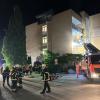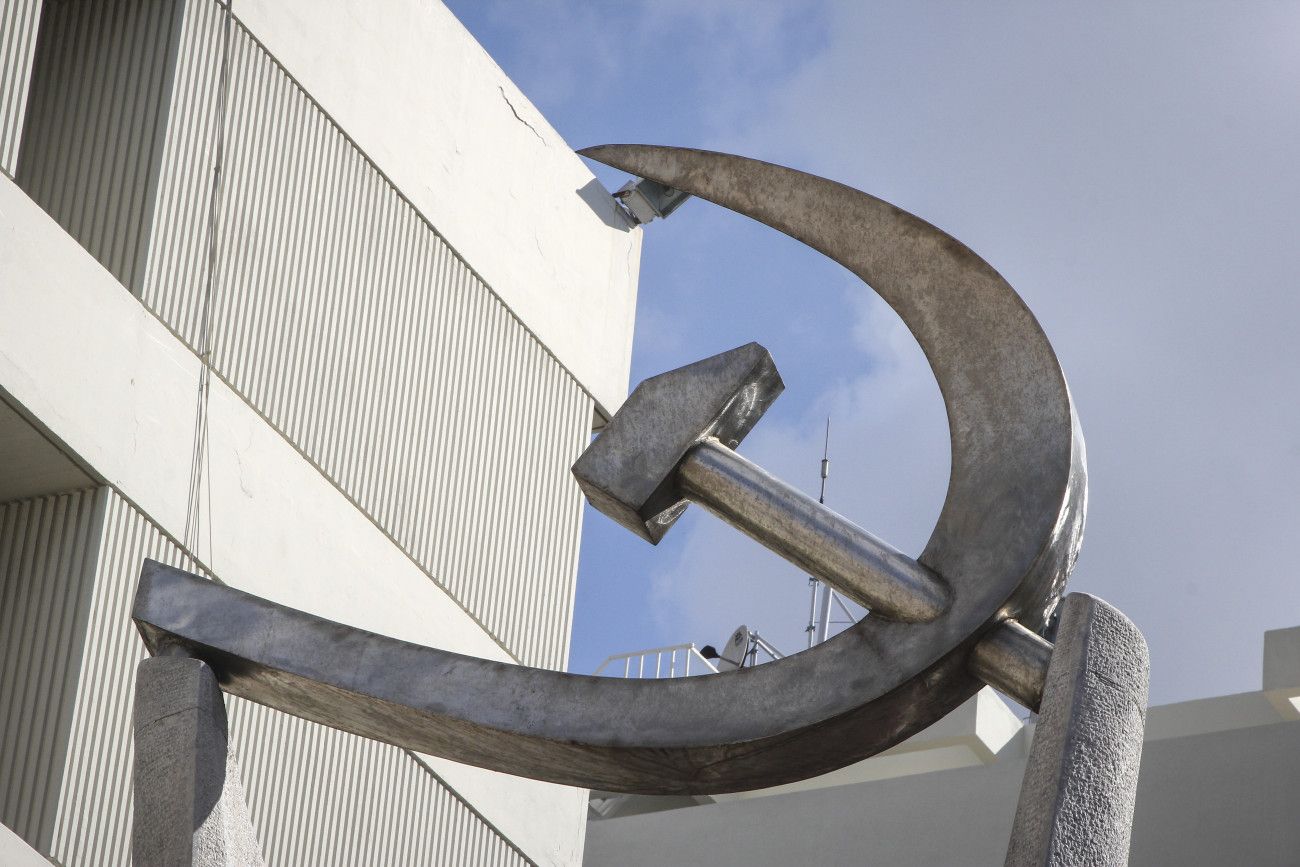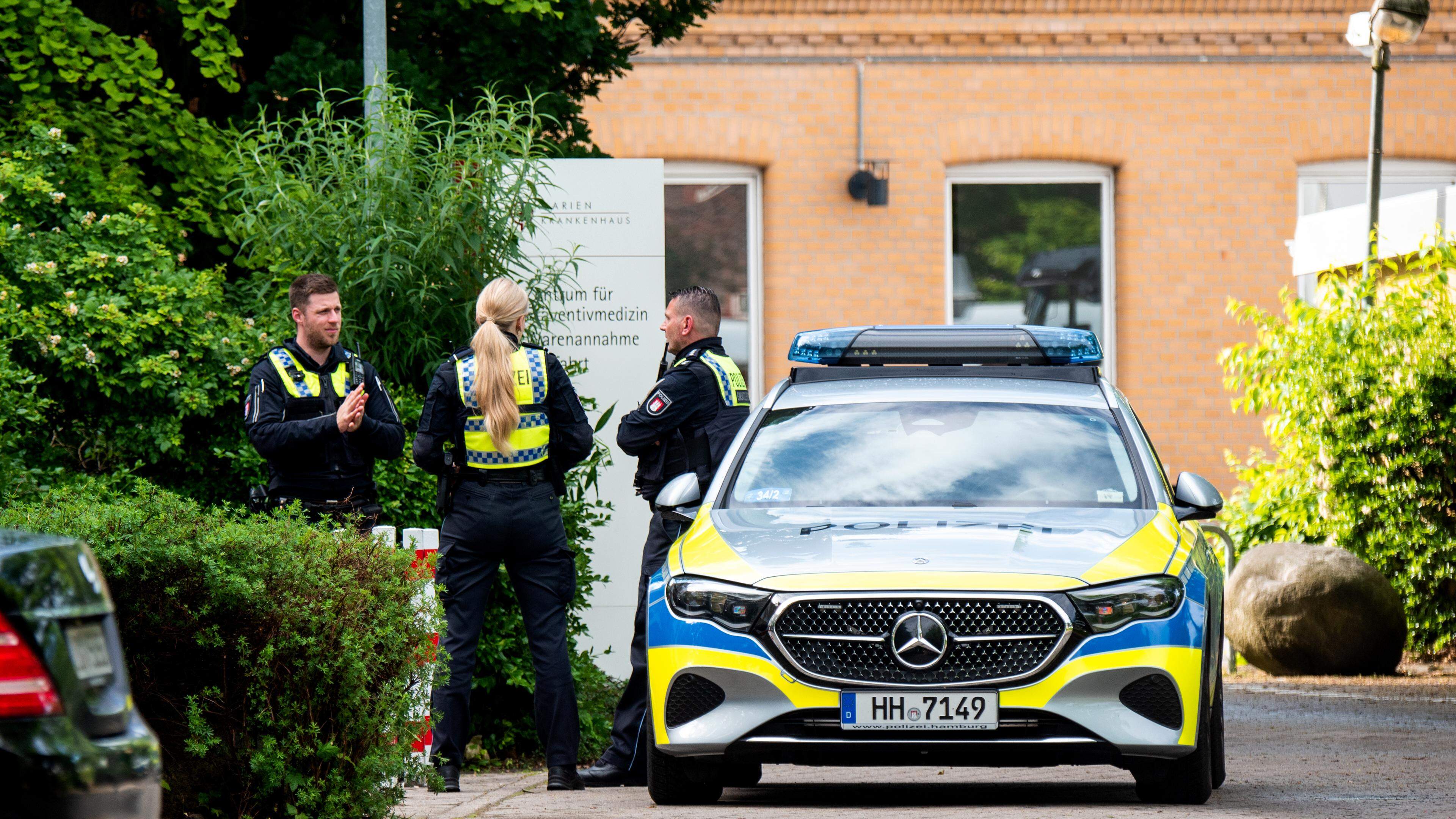The region at Neusiedler See should also deliver vegetables at drought – Diepresse.com

The consequences of climate change make agricultural work in Burgenland difficult. Research teams are now struggling in the fields in the fields and want to ensure that the Seewinkel will continue to remain in the future of the « vegetable garden in Austria ».
The idyll is deceptive: extensive cultivation areas for cereals and vegetables as well as numerous vineyards shape – in addition to the famous salt paints and a diverse flora – the landscape in Burgenland Seewinkel. But many of the farms- among them dozens of organic farmers- fight the drought of the nutrient-rich and fertile sand or black bonds.
Climate change with more and more hot days and drought time worsens the situation from year to year, there is a risk of eating losses in potatoes, tomatoes, peppers, salads and other crops. « Without irrigation systems, agriculture would no longer work here, » draws Markus Schindler of the Research Burgenland A dark picture. He has been leading that for a year Project « Green Sentry », This is intended to help optimize the irrigation management of the approximately 32,000 hectares of extensive acreage and to maintain the Seewinkel as a « vegetable garden ».
The wells measure groundwater
The first steps have already been taken: the researchers stocked some of the hundreds of wells and numerous irrigation machines with ultrasonic sensors, on the one hand the water consumption of the irrigation systems. The data of this constant monitoring is collected and form the basis for evaluating the efficiency of further measures. It is also tinkering with visualizing the data and making it available to farmers. This is intended to gain a quick overview of the irrigation situation in their fields.
« On a potato rack and in a vineyard, we have tested a substrate into the ground that increases water storage capacity. »
Markus Schindler,
Research Burgenland
In addition, the project teams have thought about how to keep the moisture in the soil longer. Especially where sand floors prevail, the water seeps away quickly. « On a potato macker and in a vineyard, we have tested a substrate into the ground that increases water storage capacity, » explains Schindler. The substrate is one of the Lower Austrian fertilizer providers Green Legacy Developed granules that are able to absorb water and slowly return thanks to its cellulose base and due to its granular structure. This allows the plants to drain from moisture and nutrients longer. « The first attempts have already shown promising results, » said the project manager. Sensors record the soil moisture and the mineral balance in the coming months for a later evaluation.
Ultimately, the scientists want to form the irrigation of the fields more environmentally friendly. Especially on hot summer days, the diesel units that drive the pumps are currently crackling on full tours, causing noise and blowing a lot of climate -damaging CO2 in the air.
Switch off diesel unit
« Our alternative is a photovoltaic solution, » says Markus Schindler. « This is a container designed as a tractor trailer, which is equipped with solar panels and storage. You also want to look at how usable this measure proves in practice.
The project on which the Energy Burgenland is involved as a partner and which recently at the research forum of the universities of applied sciences at the FH Campus Vienna was presented in favorites, runs for two more years. The aim is to create an optimized, climate -like irrigation management. « The production of wine, grain and vegetables from Seewinkel should be ensured in the long term, and that is resource -friendly and environmentally friendly, » summarizes Schindler.








:format(webp)/s3/static.nrc.nl/wp-content/uploads/2025/05/28143839/web-3105ZAT_LEV_giro_algemeen_2.jpg)